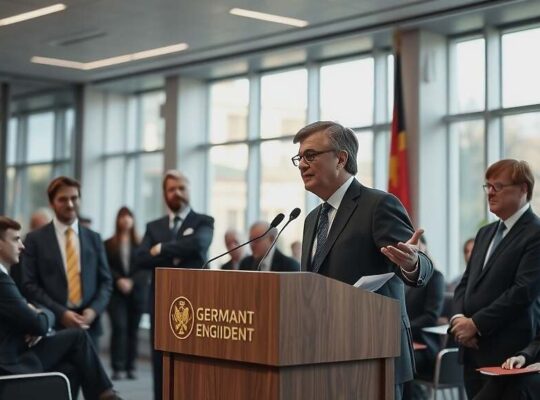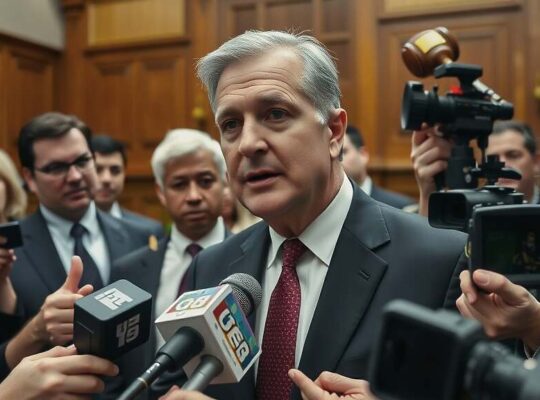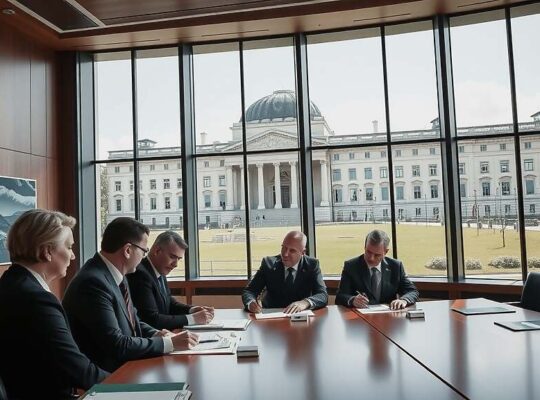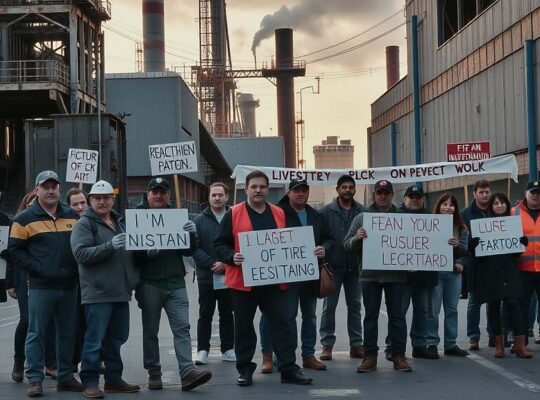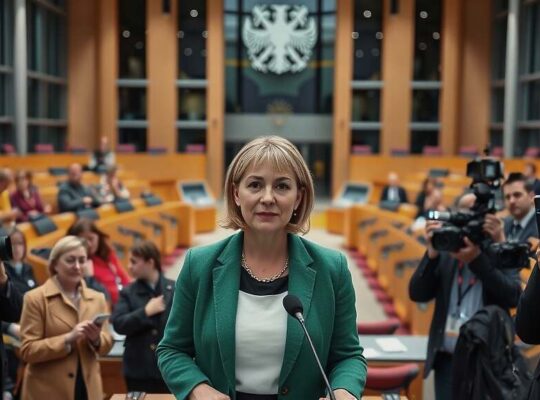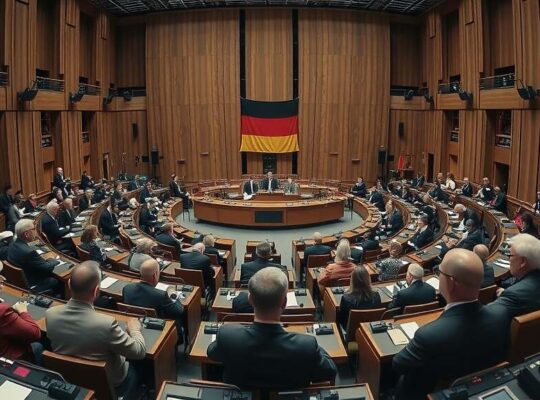Municipal utilities are issuing stark warnings about potential delays in Germany’s ambitious heat transition, slated for completion by 2045, citing a critical lack of regulatory certainty and demanding swift action from the federal government. Ingbert Liebing, Chief Executive of the Association of Municipal Utilities (VKU), articulated the growing frustration, stating that current ambiguity threatens to derail progress and leave communities stranded.
The core issue lies in the absence of a robust legal framework that clarifies pathways for transitioning to alternative heat sources. Municipalities and utilities are actively developing heat plans, but the inability to definitively chart routes involving hydrogen networks, the utilisation of biomethane, or the decommissioning of existing gas infrastructure is crippling investment and planning. “We’re currently suspended in mid-air” Liebing told Bild newspaper. “For a controlled restructuring and exit, we need clarity regarding both the conversion to hydrogen distribution networks or the use of biomethane and for the shutdown of gas networks.
The looming deadline of 2045, when heating with gas and oil will be prohibited, presents a significant challenge. Residents are understandably reliant on the guarantee of affordable alternatives – be it district heating, heat pumps, or “green” gases – and the current situation offers no such reassurance. Liebing emphasized the urgency, stating that the lack of clarity risks undermining public trust and potentially leaving vulnerable populations without viable heating options.
Beyond the residential impact, the predicament has profound implications for the German Mittelstand, the backbone of the nation’s economy. Approximately 1.4 million businesses are currently reliant on gas distribution networks, many of which will, at least for the foreseeable future, require gaseous energy sources. The uncertainty surrounding the long-term availability of these resources is creating instability and impeding crucial investment decisions.
The VKU’s call isn’t merely for expedited timelines, but for fundamental policy clarity. Critics argue that the government’s current approach lacks strategic foresight and risks creating a fragmented landscape of inconsistent regulations, potentially leading to costly and inefficient duplication of effort. The pressure is now on Berlin to deliver a comprehensive and legally sound framework that fosters a predictable environment for municipalities, utilities and the Mittelstand, ensuring the successful and equitable execution of Germany’s heat transition by 2045.



